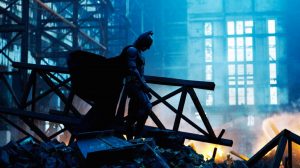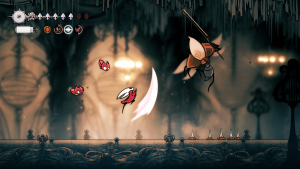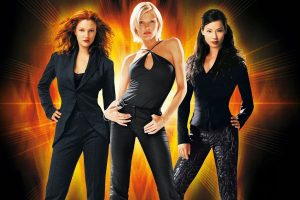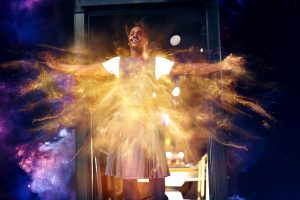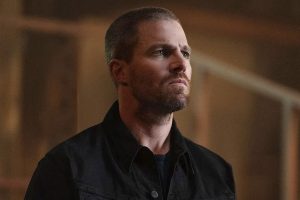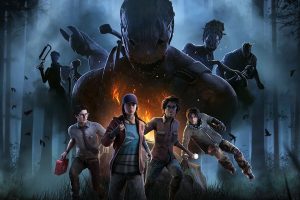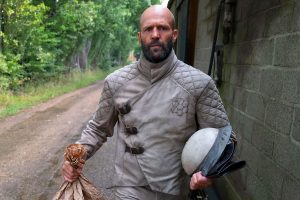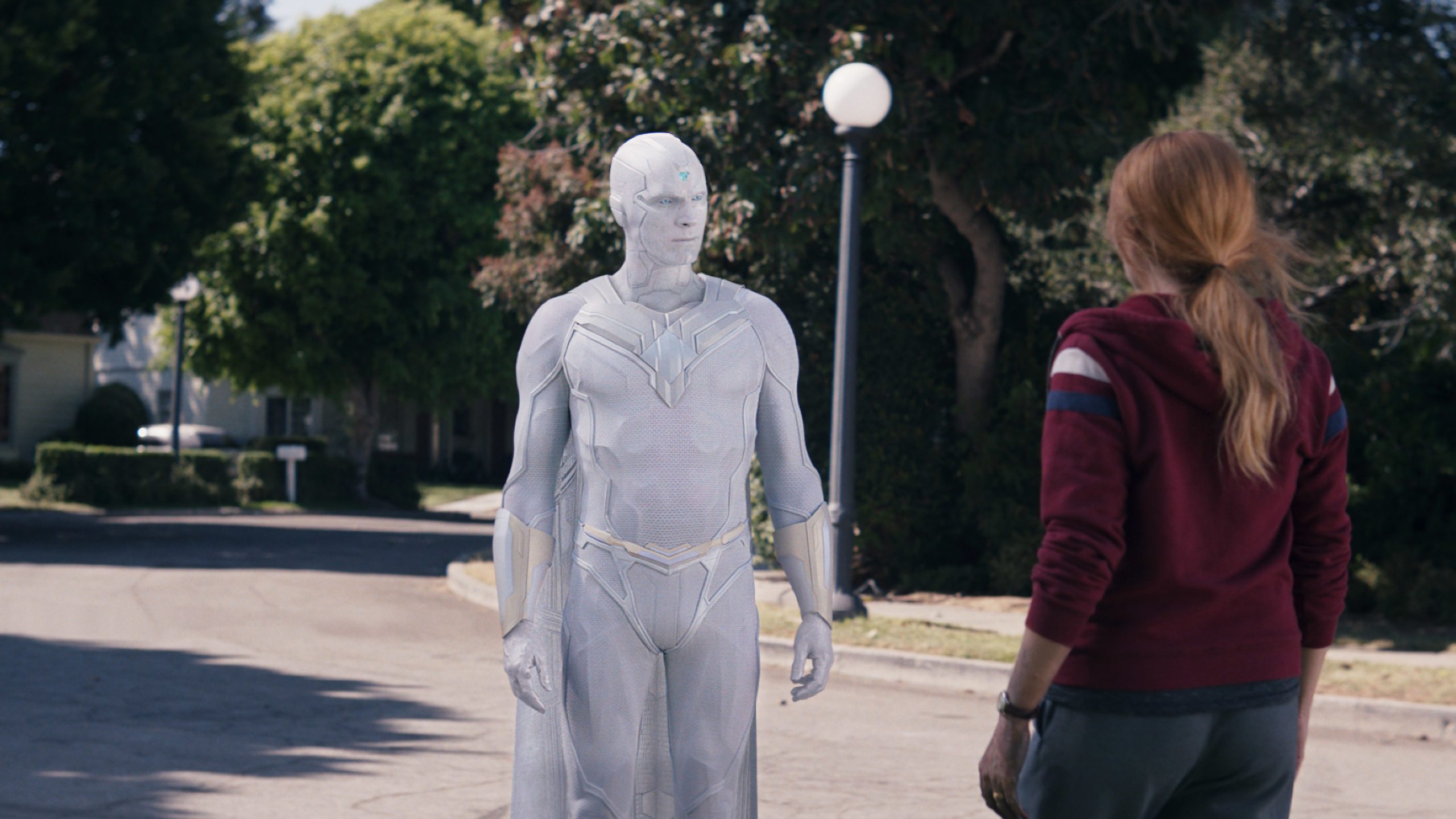
This article contains spoilers for Star Trek: Picard and WandaVision.
“What is grief, if not love persevering?” asks Vision in an oft-quoted scene from WandaVision. The sympathetic synthazoid intended the question as a validation of his partner Wanda’s feelings of despair after losing so much in Avengers: Endgame. But it’s also been a good way to describe the state of Marvel Television since WandaVision finished its single-season run.
When WandaVision debuted on Disney+ in 2021, the show promised an exciting era for the Marvel Cinematic Universe, still then its apparent prime. Not only did the show focus on a fan-favorite, but little explored character, but it also featured a compelling storytelling style well-suited for the television medium. However, what started as a riff on the history TV sitcoms became a standard superhero battle, complete with Vision battling a duplicate of himself.
Although some of the shows that followed had their moments, few have lived up to the promise of WandaVision. Yet, with the announcement of Terry Matalas taking on the role of showrunner for a new Vision TV series, Marvel fans have some hope. If Matalas can do for Vision what he did for the third season of Star Trek: Picard, Marvel can head back in the right direction.
Boldly Going Back
For its first two seasons, Star Trek: Picard tried hard to be anything other than the expected revival series. With the exception of Seven of Nine from Voyager, none of Picard’s old crew mates from The Next Generation joined their old Captain on his new mission. Sure, Data, Riker, and Troi made appearances, but Picard took a new crew into space.
While it’s easy to see the value in avoiding an easy nostalgia play, the first two seasons of Picard went hard into unpleasant territory. The child character Icheb (now an adult, at least) gets vivisected alive on screen, multiple characters (including Starfleet personnel) insult Picard as a doddering old dinosaur, and Q creates dystopias while suffering from dementia.
When Matalas took over for the third season, he had the most of the crew reunite. The show featured many moments designed to please long-time TNG fans, including a rebuilt Enterprise-D and the consummation of a long-teased romance between Picard and Dr. Crusher.
However, Matalas mixed it with genuine character development, acknowledging that the members have matured. In one stand-out sequence, Crusher explains her decision to hide from Picard the existence of their son Jack, rightfully pointing out his tendency to seek adventure and danger made him a poor father. The moment felt true to the characters, acknowledging tension without going needlessly bleak.
Matalas demonstrated a real love for the characters, not by forcing them to remain static, but by giving them room to grow and change.
Previously, On WandaVision
Matalas’s run on Star Trek: Picard gives us an idea of how he’ll handle Vision. For those who don’t recall, WandaVision climaxes with Wanda battling with the witch Agatha while Vision deals with an evil doppelgänger created by SWORD. Having received all of the original’s memories, the white-hued double flies away, never to return. After dispatching with Agatha (at least until her own oft-retitled own series debuts later this year), Wanda says goodbye to the original Vision, a product of her hexes.
Wanda met her end (maybe) after her full heel-turn in Doctor Strange in the Multiverse of Madness, which means that Vision may be searching for her — a task undertaken in the comics by her sons Billy aka Wiccan and Tommy aka Speed. Or, perhaps he series will fully adapt the outstanding Tom King miniseries Vision.
Whatever the plot, Vision will have to deal with the question of the central character’s identity. Will this be the original Vision, either resurrected after having the Mind Stone pulled from him in Endgame or returned via Wanda’s hex? Or will this be the white Vision, now with the memories of his predecessor?
A subplot from Star Trek: Picard points to a potential answer. Like Vision, Data is an artificial being who often struggles to understand humanity. Also like Vision, Data has died more than once — first at the end of Star Trek Nemesis, then again at the end of Picard‘s first season. In the third season of Picard, Riker, Worf, and Picard’s new XO Raffi find a copy of Data deep within the Daystrom Institute. However, when they reactivate Data, they find that he’s more than just their kindly old friend. He also has within him the memories of his pseudo-brother B-4, his daughter Lal, and especially his evil brother Lore.
In “Surrender,” the eight episode of the season, Lore takes over the shared body and threatens to kill LaForge. We see the struggle between Data and Lore within the android’s mind, a white space where the kinder brother essentially gives up on resisting his malevolent self. Instead of fighting, Data gives Lore all of his memories — his cat Spot and the memento left by his crewmate/full-functional one-night stand partner Tasha Yar. The memories overwhelm Lore’s misanthropic side and force him to care for others, including the endangered LaForge.
Although the being who rescues LaForge looks and sounds like the Data we know and love, he explains that it’s not that simple. He contains all the personality traits of his predecessors, including Lore. Data’s now a complex being with the capacity for good and evil, making him the closest thing he’s ever been to human.
Vision: The Next Generation
Given that the white Vision lost when receiving his predecessor’s memories, Data’s combination of personalities may very well be duplicated on Vision. This duplication will create an interesting character point for Vision, as he’s no longer the empty vessel created by SWORD, nor is he the kind-hearted Avenger who helped fight Ultron. He contains aspects of them, but he’s moved onto something different.
Which is, of course, exactly what Marvel TV needs right now. Despite the mixed quality of She-Hulk: Attorney at Law, Ms. Marvel, and Secret Invasion, the shows have potential to do character-focused stories that fill in the gaps between movies. We want to see things like how Bruce Banner deals with his injuries from Endgame or what Nick Fury does when not bossing around superheroes.
But the shows haven’t done that. They’ve either introduced new characters, to whom no MCU fan has any attachment, or they skip over the interesting character beats to move onto flashy/meme-worthy gags, such as the Hulk at a tiki bar.
With Star Trek: Picard, Matalas met the fans’ desire to see favorites return and he let them grow and change into something different. If he can do the same on Vision, then maybe we can just love Marvel again, without the grief.
The post How Star Trek: Picard Can Point the Way For Marvel’s Vision Series appeared first on Den of Geek.

